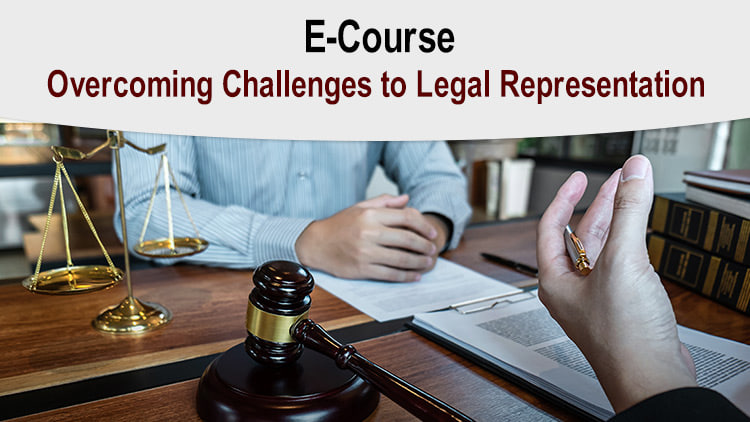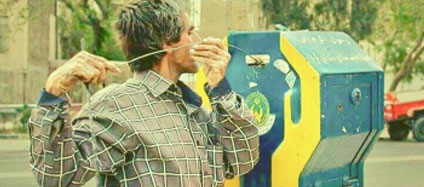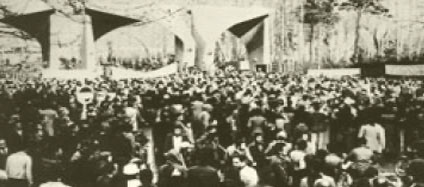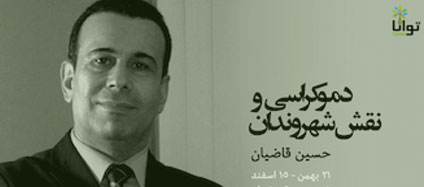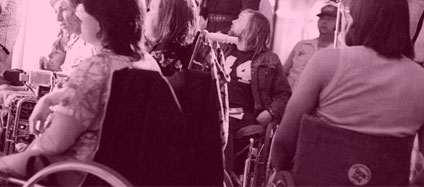This e-course is designed for Iranian civil society leaders motivated to address the persecution of the Baha’i and systematic discrimination against other minorities in Iranian society. The e-course will begin by bringing to light the various state and non-state, ideological and sociological, and legal and economic causes of Baha’i persecution in Iran. The idea of “allies” helping to protect and advocate for the rights of the “other” suffering disempowerment and inequality will be explored, with examples taken from case studies produced by Tavaana project and The Tolerance Project, including: non-Jews carrying out courageous acts of empathy, help and resistance during the Holocaust; white Americans contributing to the abolition movement and the American Civil Rights Movement for racial equality; and straight allies helping the LGBT in even the most repressive contexts such as Uganda. Students themselves will present on the dynamics of legal discrimination, marginalization, disempowerment, and fear as they relate to Baha’is’ denial of education, work, peaceful co-existence, religious freedom and more. Recent campaigns by non-Baha’is to raise awareness about the persecution of the Baha’i – from Mohammad Nourizad’s personalized gestures of conscience, enacted on the ground and amplified globally, to the diaspora’s Education is Not a Crime social media campaign and the To Light A Candle documentary — will be considered for their lessons learned and juxtaposed against mounting incendiary rhetoric and actions from the government against the Baha’i. The Tavaana project and The Tolerance Project’s translated classics on empathy, tolerance and religious freedom will be among the readings for the course. The ideas of conscience-based advocacy, minority rights as human rights, and the core concept that all of Iran is harmed when any group is persecuted will be running themes. Students will explore skills and strategies to help Baha’is gain inclusion and equality, such as through messaging and storytelling via social media; direct assistance to Baha’i families, businesses and/or the underground university; outreach to traditional media outlets; building protection networks; nonviolent civil disobedience to unjust laws and social norms; actions/arts/performances in public spaces to elicit questioning and conscience; and the building of domestic and international advocacy coalitions for legal reform.


